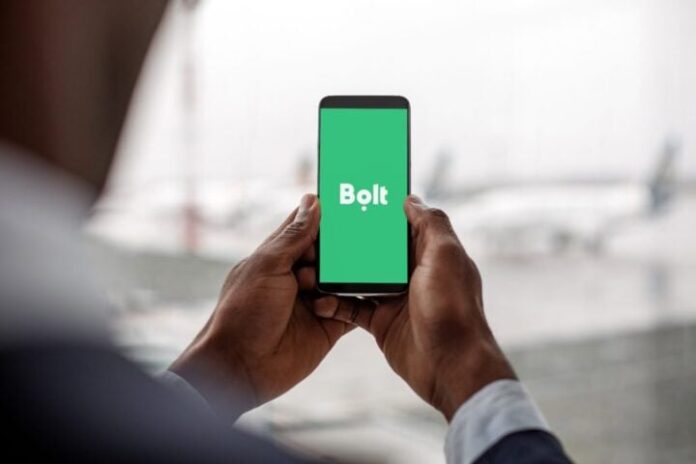Bolt, the prominent ride-hailing company, has implemented a flexible pricing model that enables passengers to offer higher fares to drivers, increasing their chances of securing rides during periods of high driver demand.
The prevalence of trip delays has become increasingly prominent as ride-hailing giants struggle to entice individuals to join the gig economy as drivers.
It is now commonplace to experience waiting times exceeding 10 minutes before finding an available driver on the leading ride-hailing applications.
One of the significant barriers to attracting more drivers is pricing. Over the past year, drivers have voiced concerns about shrinking profit margins due to factors such as the substantial increase in fuel prices following the removal of subsidies in May 2023, as well as the commissions collected by ride-hailing companies.
However, passing on these costs to customers poses challenges due to competition in the market and the high prices that many Nigerians already face due to accelerating inflation.
Bolt’s introduction of a bidding system, similar to the approach taken by competitor inDrive upon its launch in the Nigerian market, aims to incentivize drivers to accept ride requests, particularly during peak periods.

“The benefit for the driver is that they earn more. The same standard commission applies to all trips,” explained Femi Adeyemo, Bolt’s communication manager.
Traditional ride-hailing platforms such as Bolt and Uber typically employ surge pricing during times of high demand to motivate drivers, but this approach, determined by algorithms, leaves no room for driver input in the negotiation process.
By giving drivers direct access to customers to negotiate a fair fee, a strategy that has contributed to inDrive’s popularity, Bolt hopes to reduce wait times and enhance the overall experience for both drivers and passengers.
While the adjustment to the pricing system is a positive development for drivers, gig workers continue to advocate for greater involvement in decision-making processes.
Although they have gained some bargaining power with customers, it remains to be seen when they will achieve the same level of influence with ride-hailing companies.




